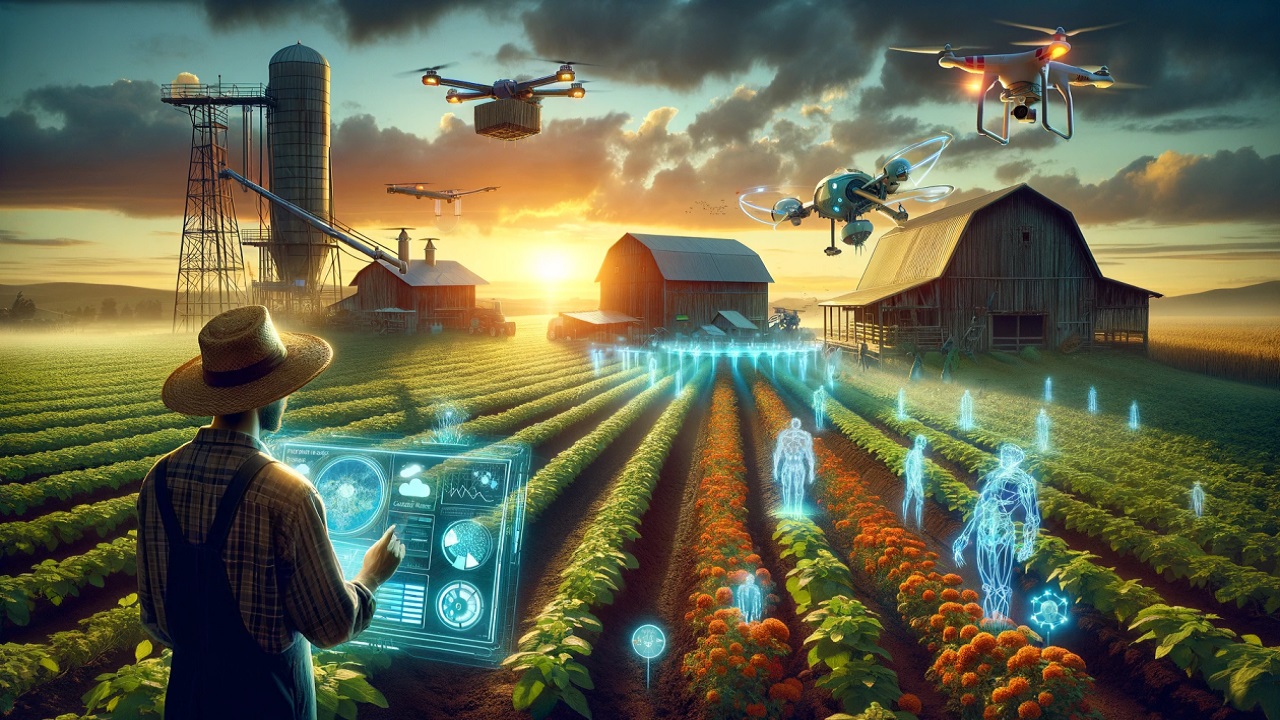Climate Change and India's Farmers: An FAO Insight
Context:
The FAO’s recent report, "The Unjust Climate: Measuring the Impacts of Climate Change on Rural Poor, Women, and Youth," highlights how climate change disproportionately affects poor farmers in India. Key findings show the severe impact of climate-induced issues like heat stress, floods, and droughts on marginalized communities.
About FAO:
- UN Agency: The Food and Agriculture Organization (FAO) is a specialized UN agency established in 1945, headquartered in Rome.
- Mission: It focuses on defeating hunger, improving nutrition, ensuring food security, and promoting sustainable agricultural practices.
- Key Objectives:
- Eradicate Hunger: Ensures everyone has access to safe, nutritious food.
- Sustainable Agriculture: Promotes environmentally friendly farming to preserve natural resources.
- Improve Rural Livelihoods: Supports rural farmers, especially women, by providing tools, knowledge, and market access.
- Tackle Climate Change: Advocates climate-resilient farming practices to protect food systems.
Key Findings of the Report:
- Income Disparities:
- Poor households globally lose 5% of income due to heat stress and 4.4% due to floods.
- In India, rural poor households are highly vulnerable because they depend heavily on climate-sensitive agriculture.
- Structural Inequalities:
- Poor farmers face deeper income losses during climate crises.
- They allocate more resources to sustaining agricultural production, reducing off-farm employment opportunities.
- Impact of Heat Stress and Floods:
- Climate change widens the income gap globally.
- Floods increase this gap by $21 billion annually, while heat stress adds over $20 billion.
- In India, poor households experience a 33% reduction in off-farm incomes due to rising temperatures.
Policy Recommendations:
- Expand Social Security: Introduce anticipatory social protection programs to support vulnerable communities before extreme weather events.
- Address Gender Barriers: Promote workforce diversification, mentorship, and initiatives to empower women and youth in rural areas.
- Gender-Transformative Approaches: Challenge discriminatory social norms and empower women to make economic decisions.
NITI Aayog's Response:
India is addressing climate challenges through several key initiatives:
- National Innovations on Climate Resilient Agriculture (NICRA): Helps farmers adapt to extreme weather conditions with crop-specific solutions.
- Employment Guarantee Schemes: The Mahatma Gandhi National Rural Employment Guarantee Scheme ensures economic security.
- Food Distribution Programs: The Pradhan Mantri Garib Kalyan Anna Yojana provided free food grains during the COVID-19 pandemic.
- Increased Women’s Participation: Periodic Labour Force Surveys (PLFS) show a significant rise in women’s workforce participation, signaling progress toward gender equality.




Comments (0)